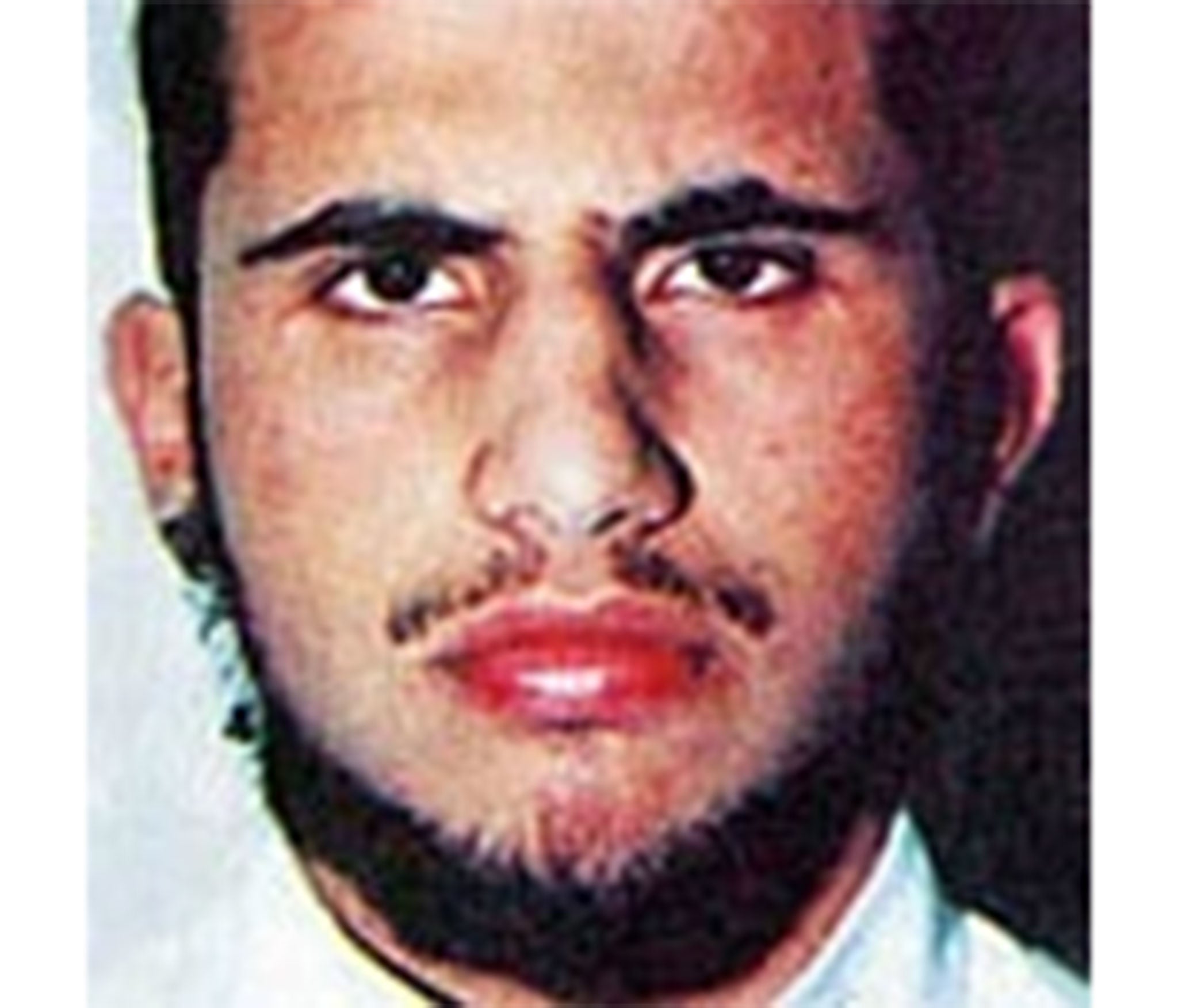Khorasan: Muhsin al-Fadhli - the man leading a terror group more feared by US officials than Isis
Some American experts say the al-Qaeda-linked group Khorasan poses a greater threat than Islamic State itself

Your support helps us to tell the story
From reproductive rights to climate change to Big Tech, The Independent is on the ground when the story is developing. Whether it's investigating the financials of Elon Musk's pro-Trump PAC or producing our latest documentary, 'The A Word', which shines a light on the American women fighting for reproductive rights, we know how important it is to parse out the facts from the messaging.
At such a critical moment in US history, we need reporters on the ground. Your donation allows us to keep sending journalists to speak to both sides of the story.
The Independent is trusted by Americans across the entire political spectrum. And unlike many other quality news outlets, we choose not to lock Americans out of our reporting and analysis with paywalls. We believe quality journalism should be available to everyone, paid for by those who can afford it.
Your support makes all the difference.Discussions of the terror plot were almost always discreet. So when the towers burned that September day, many al-Qaeda operatives didn’t know of their group’s involvement. Only Osama bin Laden and several top commanders knew the truth.
Now, more than 13 years later, one of those commanders is back and perhaps more dangerous than ever. On Sept. 11, 2001, Muhsin al-Fadhli had been barely more than a boy, aged 19. But today the steely-eyed 33-year-old operative is in Syria, leading a group of clandestine al-Qaeda operatives called “Khorasan,” which some American officials said may be more dangerous in some respects than the Islamic State.
Khorasan hasn’t arrived to overthrow Bashar al-Assad. It’s not interested laying claim to great swaths of land and resources, as is the Islamic State. Rather, American officials told the Associated Press, its members have come from Pakistan, Yemen and Afghanistan to exploit the flood of Western jihadists who now have skin in the fight — and possess very valuable passports. According to the AP, al-Qaeda leader Ayman al-Zawahiri dispatched this deputy to recruit those Western fighters, who have a better chance of escaping scrutiny at airports and could place bombs onto planes.
In what the Wall Street Journal described as the first time an American official publicly acknowledged the group, James Clapper said late last week that “in terms of threat to the homeland, Khorasan may pose as much of a danger” as the Islamic State. The New York Times then reported the group posed a “more direct threat” to American and Europe than the Islamic State.
The Islamic State wants its caliphate. It wants regional control. But Khorasan, which has partnered with sophisticated Yemeni bombmakers, wants a repeat of 9/11.
“The group’s repeated efforts to conceal explosive devices to destroy aircraft demonstrate its continued pursuits of high-profile attacks against the West, its increasing awareness of Western security procedures and its efforts to adapt to those procedures that we adopt,” Nicholas Rasmussen, deputy director of the National Counterterrorism Center, recently said, referring to al-Qaeda’s bomb-making branch in Yemen.
“He has assisted al-Qaeda in moving multiple operatives from Pakistan via Iraq and Turkey to destinations in Europe, North Africa and Syria,” a State Department release said. “and [he] is believed likely to continue moving experience al-Qaeda operatives to reinforce and gain influence in those areas.”
Fadhli’s rise through the al-Qaeda ranks was both and meteoric and startling. Born on April 24, 1981, in Kuwait, he ascended so quickly American officials said he knew of the Sept. 11 attacks when he was barely 20, and then continued to tap him for more responsibilities and terror plots. He was connected with some of the most notorious terrorists of the past generation, including al-Qaeda leader Abu Musab al-Zarqawi.
“He was the bodyguard and second-in-command for a leader in the al-Qaeda network and fought for al-Qaeda in the north of Afghanistan,” the United Nations reported. “Al-Fadhli also fought against Russian forces in Chechnya, where he trained in the use of firearms, anticraft guns and explosives. Al-Fadhli was a facilitator connected with the al-Zarqawi groups in Iraq, providing support to fighters there.”
But where he appeared to show his true worth to the group was in his fundraising and organizational skills. He allegedly raised money for an October 2002 attack on a French ship off the coast of Yemen, killing one crew member and disgorging 50,000 barrels of crude oil that inundated 45 miles of coastline. And soon, he had stitched together an “extensive network” of Kuwaiti jihadists donors, according to the State Department.
Following a stint in a Kuwaiti prison for funding terrorist activities, he landed in Iran, where the Treasury Department said he was soon leading an Iranian al-Qaeda cell. In that position, it said, he “facilitate[d] the travel of extremists to Afghanistan or Iraq via Iran. … In addition to providing funding for al-Qaeda activities in Afghanistan and Pakistan, [Fadhli's] network is working to move fighters and money through Turkey to support al-Qaeda affiliated elements in Syria.”
And now, officials said, he’s trying to do the reverse: Move Western jihadists out of Syria, where Khorasan thrives off chaos. There’s “an unholy mix of people in Iraq and Syria right now,” Rep. Adam Schiff (D-Calif.) of the House Intelligence Committee told AP. “…They can combine in ways that could pose a greater threat than their individual pieces. And that’s something we worry about.”
(C) Washington Post
Join our commenting forum
Join thought-provoking conversations, follow other Independent readers and see their replies
Comments